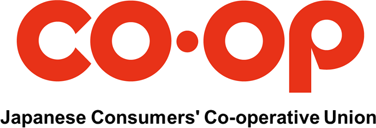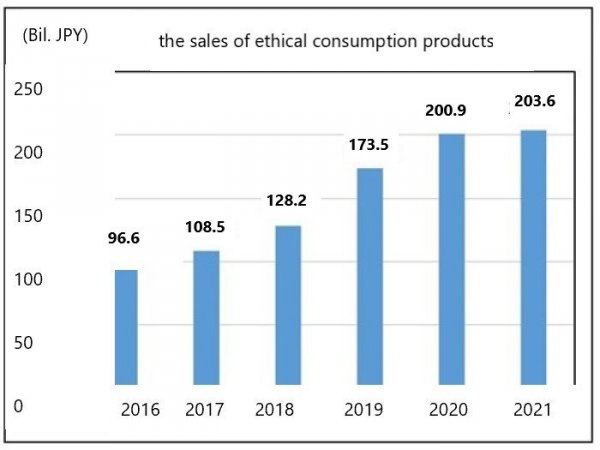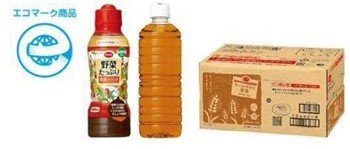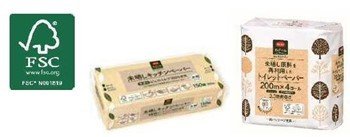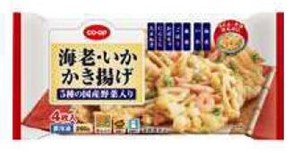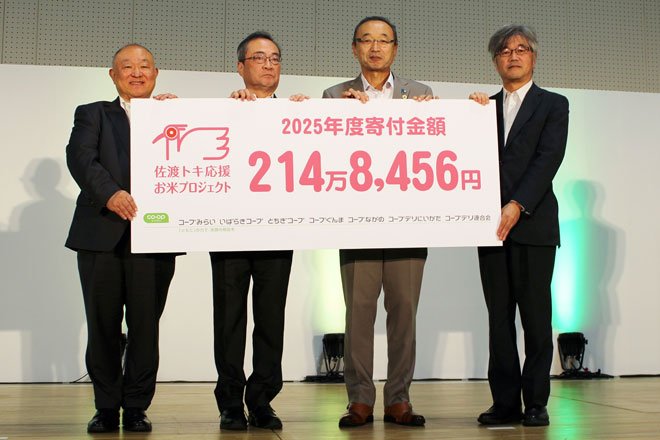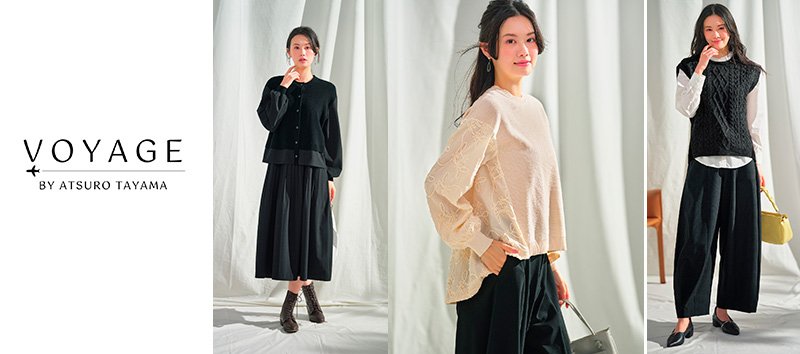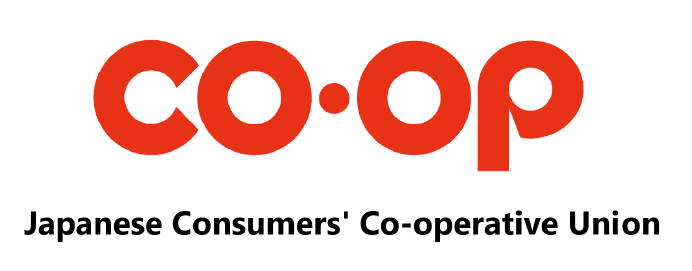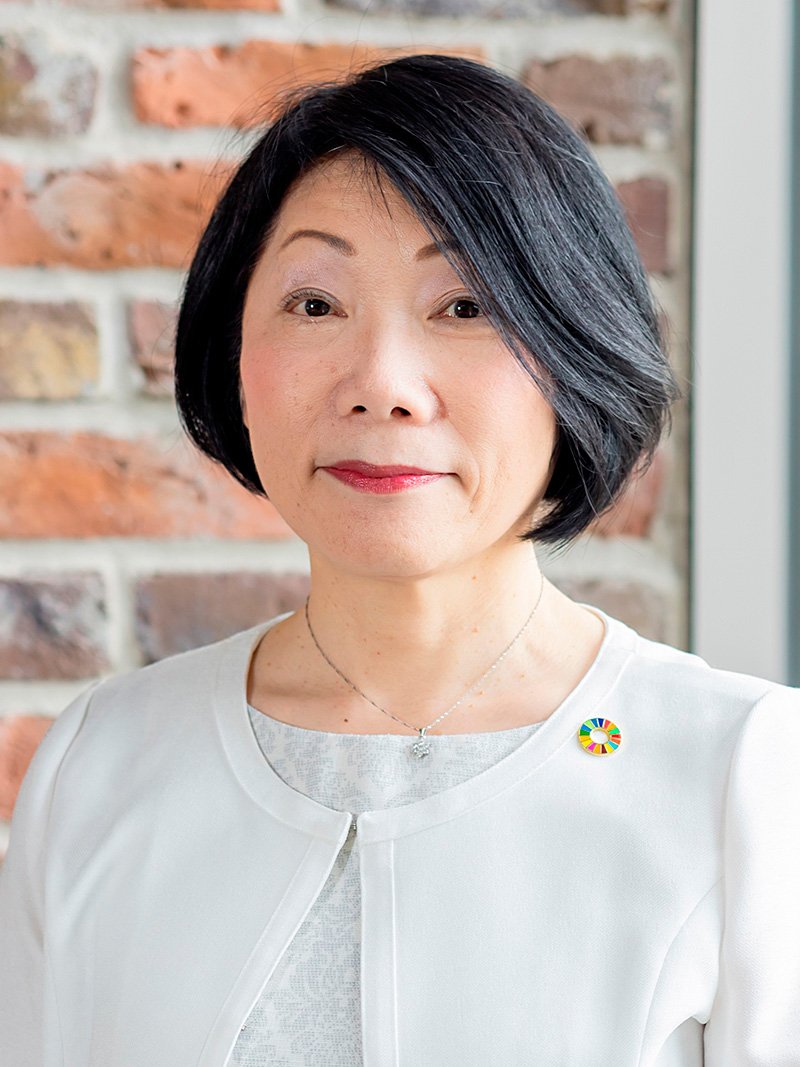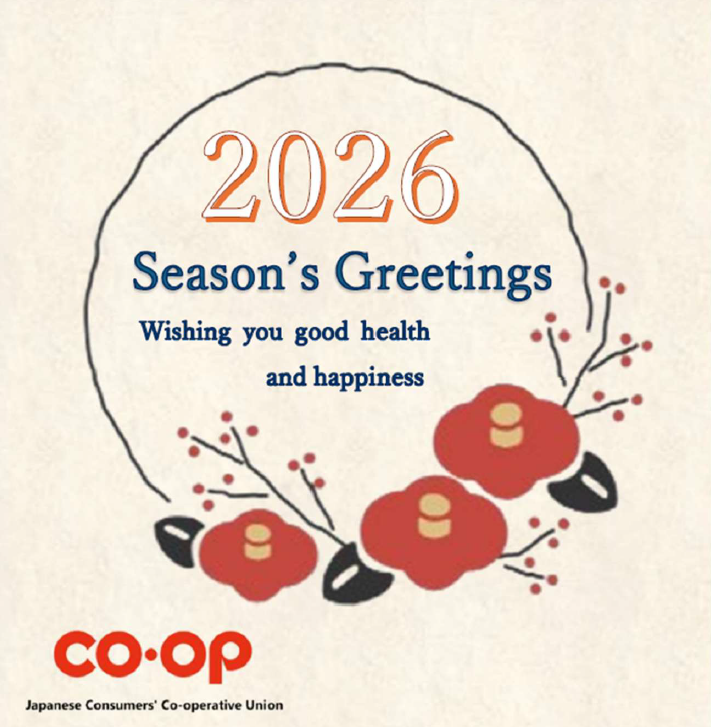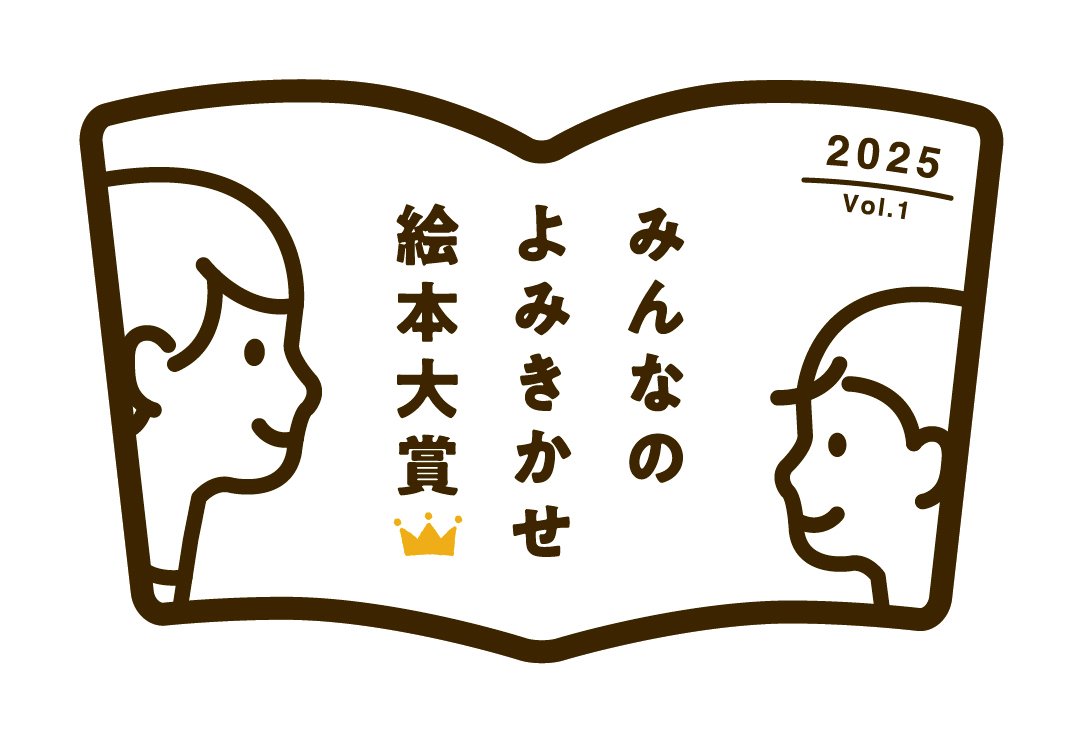JCCU's FY2021 report on supply of ethical consumption products and FY2022 target
2022.07.12
JCCU presents the progress report of its ethical consumption products in FY2021 and its goals for FY2022.
FY2021 Results:
The supply volume (sales) of CO・OP Brand ethical consumption products in FY2021 was 203.6 billion yen, 101% compared to the previous year.
Some of the existing CO・OP Brand products have become more environmentally friendly. The supply volume of both Eco Mark-certified products and FSC-certified products* increased to134% and 116% respectively compared to the previous year.
CO・OP unlabeled Mugi-cha (barley tea) 600ml x 24 bottles, the main product among CO・OP 's PET-bottled beverages, has been switched to a PET bottle made of 100% recycled plastic since October 2021. As a result, JCCU became the first in Japan to receive Eco Mark certification for PET bottled beverages made from recycled plastic.
In addition, JCCU has been promoting the use of recycled paper or FSC-certified paper for all paper (products, containers and packaging, and cardboard) used in CO・OP brand products, and this fiscal year the percentage of environmentally friendly paper used reached 87.5% of the total volume of paper used for the products.
*FSC certification ensures that products come from well-managed forests that provide environmental, social, and economic benefits.
Target for FY2022:
In FY2022, JCCU aims to expand the total number of ethical consumption products and achieve a total supply volume (sales) of 213.7 billion yen (105% year-on-year).
Specific initiatives include expanding the use of eco-label certified products in the fisheries sector and expanding the use of RSPO certified palm oil of mass balance (MB) rank for CO・OP Brand Products.
In 2022, JCCU will expand the number of eco-label certified fish products in the fishery sector, including domestically produced shirasu (whitebait), katsuo (skipjack tuna), and salmon products with the MEL** logo, and shrimp and salmon products with the ASC*** logo.
**MEL (Marine Eco-Label Japan) certification is a certification provided by Marine Eco-Label Japan Council for fisheries and aquaculture operations that are conducted in an environmentally friendly manner with respect to marine resources and ecosystems.
*** ASC (Aquaculture Stewardship Council) certification is an international certification given to seafood produced from well-managed farms that take into consideration the environment and the society.
Expand the use of RSPO-certified palm oil:
JCCU is expanding the use of RSPO-certified palm oil in its products. The RPSO certified palm oil is made from palms grown in compliance with proper cultivation standards that are sustainable and take into consideration the working environment and workers.
JCCU will continue to expand the use of RSPO-certified palm oil with a mass balance (MB*4) rank in the CO・OP Bland Products, aiming to achieve an MB ratio of over 50% in foods using palm oil as the main ingredient by 2025.
※4:The sustainable palm oil from certified sources which is monitored administratively in the chain, but it is mixed with conventional palm oil.
JCCU will continue to strive to develop and promote ethical consumption products that take the environment and society into consideration, create society with rich food and strengthen connections with communities.
